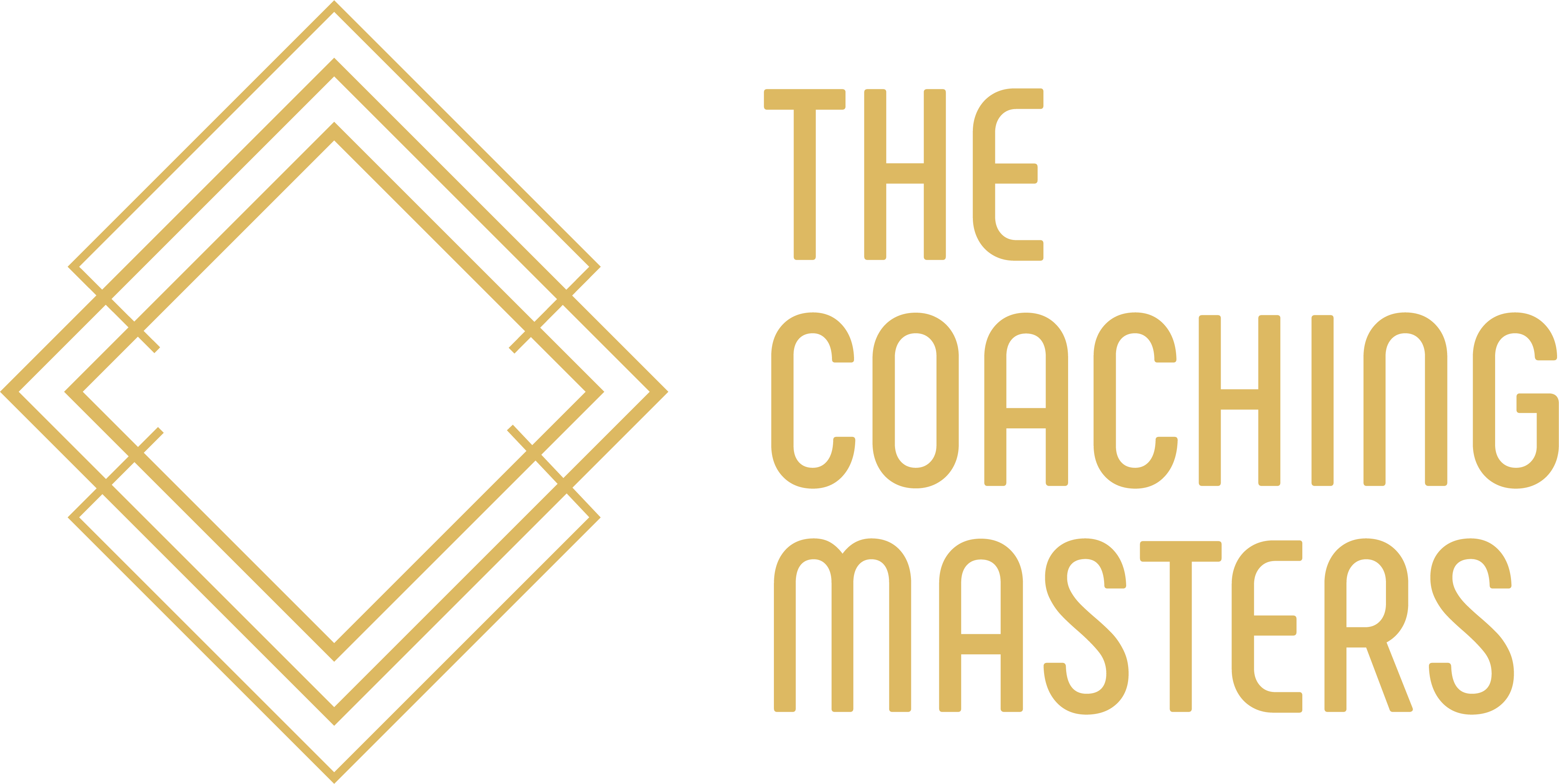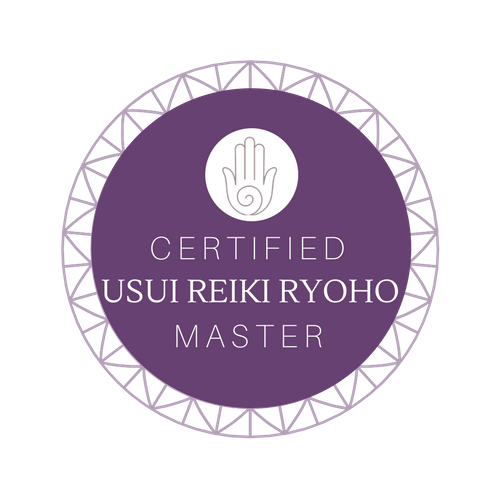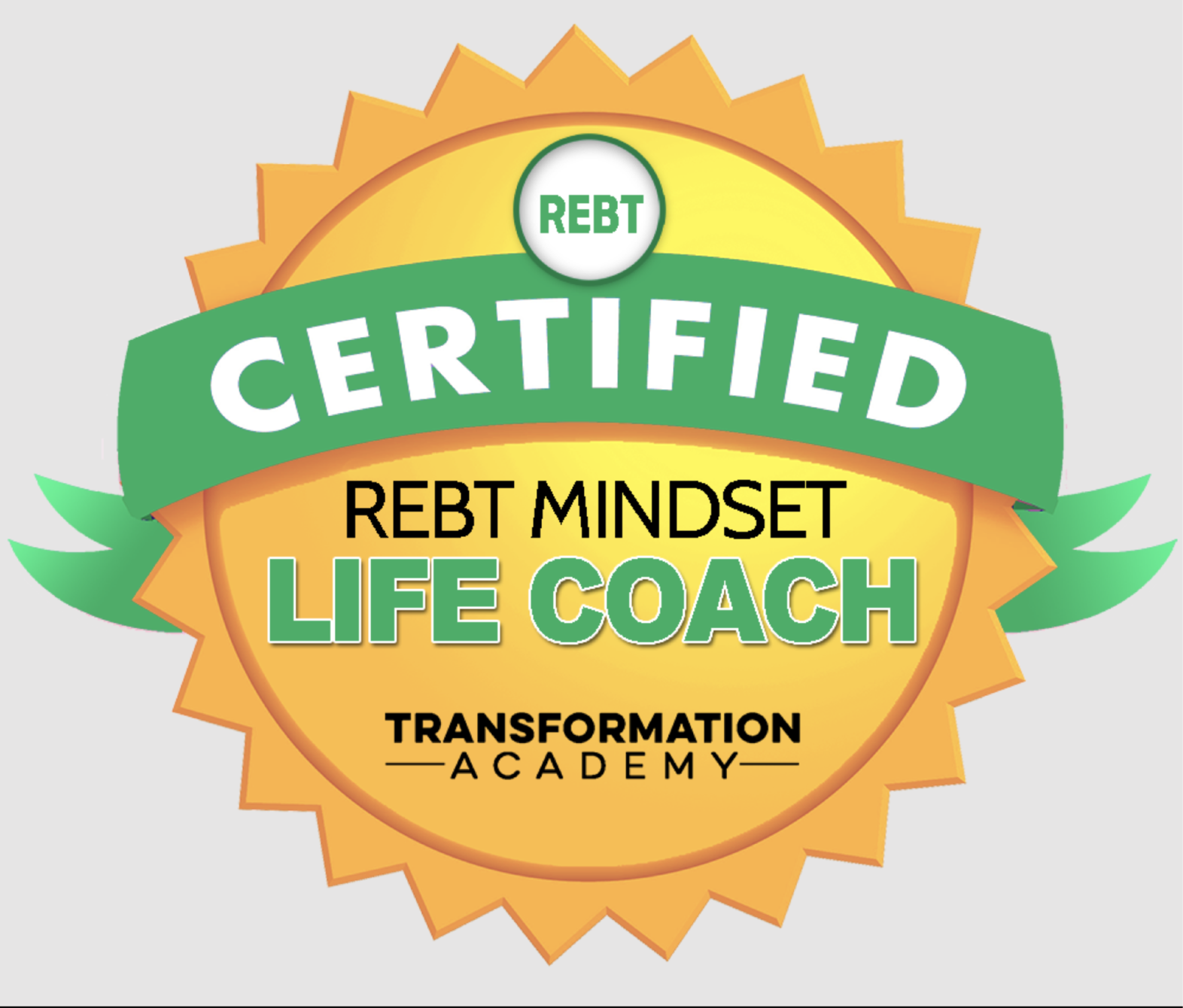What Is Feng Shui
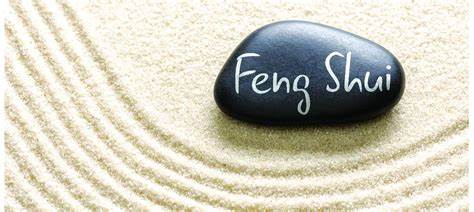
What is Feng Shui? Simply put, it is an ancient art and science that was developed by the Chinese more than 3,000 years ago. It is a complex body of knowledge that if practiced properly will assure the person good health and fortune.
Feng Shui is made of two words. The first is wind while the second is earth. Its teachings are based on Taoist vision and understanding of nature on the belief that the land is alive and is filled with energy. This in turn could make a kingdom successful or bring it to its downfall.
Aside from the water and the wind, Feng Shui is influenced by the theory of 3 other elements namely wood, fire, and metal. This also guides Chinese astrological sciences including the times, dates of birth, and years as well as colours, seasons, directions, and the planets.
The main tools for Feng Shui are the compass and the Ba-Gua. The Ba-Gua is an octagonal shaped grid containing the symbols of the I Ching which is the ancient oracle on which this is based.
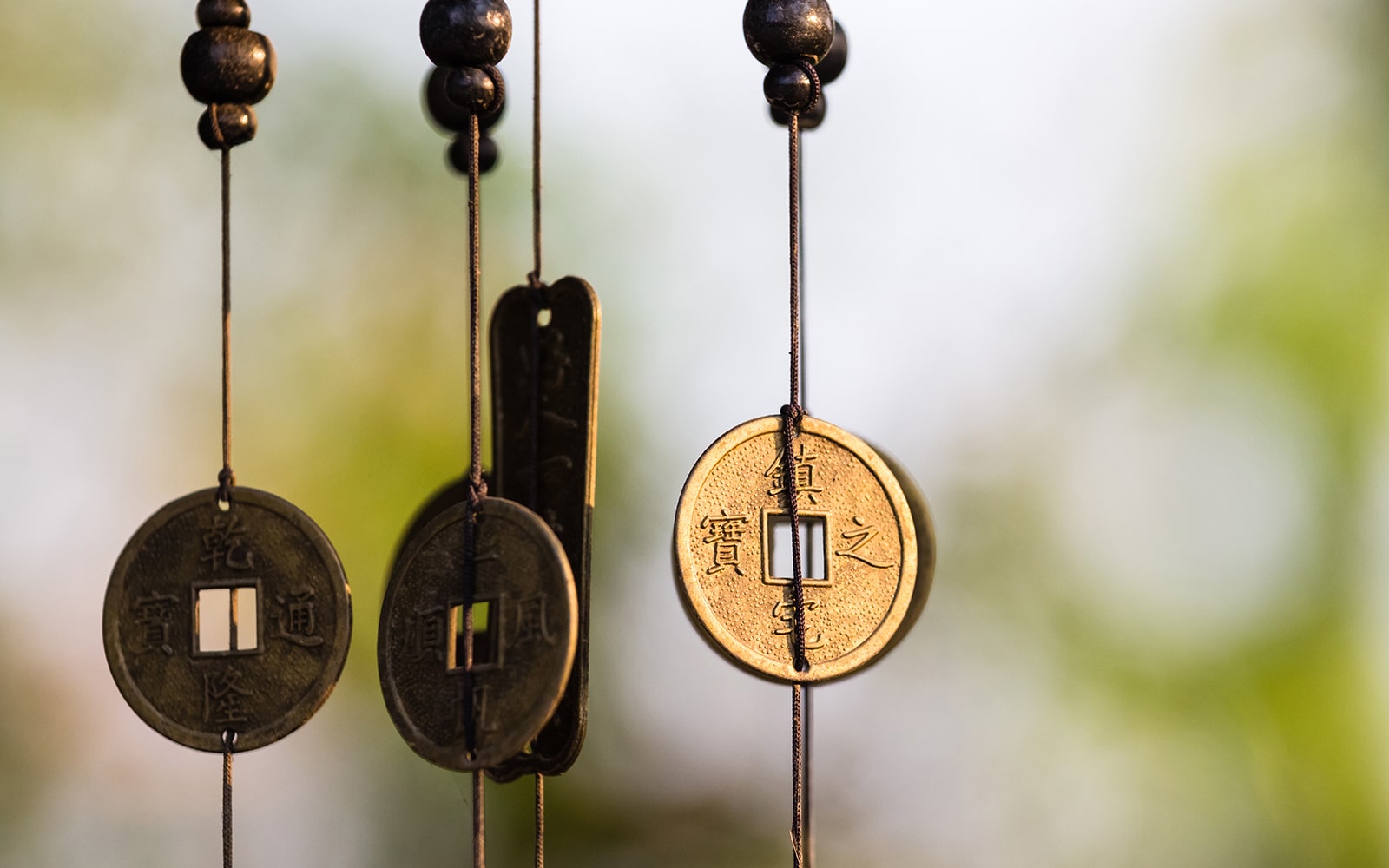
Those who believe in Feng Shui say that those who know the Bagua of their home will be able to understand specific areas of their life.
The feng shui compass is also called lo-pan. This is used to access deeper information about a site or a building. It consists of bands of concentric rings arranged around the magnetic needle. "Lo" means "everything" and "pan" means "bowl", which can be interpreted as the key to the mysteries of the universe.
Through the years, several different schools of feng shui have emerged. If you can master the basic level, it is said that you will start to see powerful results which could be to your advantage both at home and in business.
Those who practice Feng Shui see it as a double-edged sword because it can be mutually productive and also destructive.
In a productive cycle, fire produces earth which produces metal which produces water which produces wood, and the fire again. In a destructive cycle, wood destroys earth which destroys water which destroys fire which destroys metal, and then destroys wood.
To give you an idea of what this all means, let's say you were born on a fire year. Too much water in the home is not good because water destroys fire. On the other hand, if you put a lot of wooden décor into your home, then things will be good because wood produces fire. Aside from that, experts say that you will more likely prosper if you sleep on the south side of the house or apartment.
But the ordinary Joe does not have time to understand that. This is why many people these days consult Feng Shui experts when they are building an office or their home. By being able to have someone who understands these cycles, harmony, and productivity is achieved.
So what is Feng Shui? For those who do believe in it, it is simply one way of making sure that you will get good fortune. As for those who take it seriously, it is what creates the essence of life around us. There must always be a harmonious balance between these elements so that you can live a healthy and meaningful life.
Concepts Behind Feng Shui
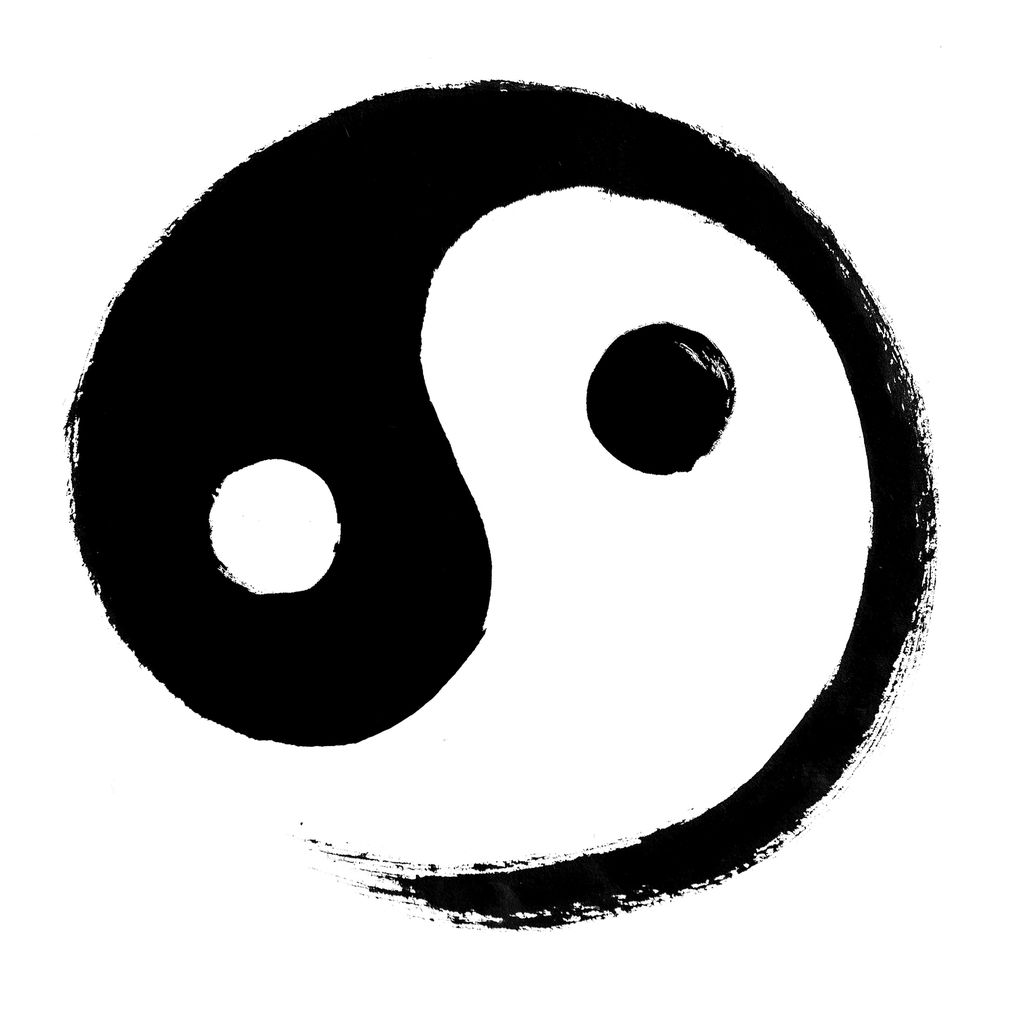
Feng Shui is more than just rearranging furniture, it’s a lifestyle. And lifestyles involve mindsets or concepts that are prevalent. Feng Shui experts just say no to some things without reason. Most of the things they do come with a line of reasoning that may not necessarily be embraced by many people.
Nonetheless, it is still a point of view that among other things, requires careful consideration and thought. So what are the thoughts that prevail on the onset of Feng Shui? Here are just some of these prevalent concepts that a Feng Shui enthusiast or researcher may find useful.
Sense Of Balance
The number one thing that Feng Shui promotes is balance. This balance comes in many forms, in the colour arrangement, in the spatial factors up to the numbers that concern your working space or environment. The balance is promoted by the five Earth elements of Feng Shui and the Bagua, which is designed symmetrically and with complete reference to the different elements of the earth by Feng Shui standards. The standards of Feng Shui are customized for every person, but it all boils down to having the right sets of things that complement and balance each other out.
Sense Of Positivity
A sense of positivity is also what Feng Shui promotes. Positive energy is the thing most sought after by people who try to get the services of Feng Shui consultants. This positivism needs to be maintained. Conversely, it wards off all the forms of negative energy that may come in a given space. This is why there are charms that help cure bad luck in a given place, especially those that have been established without the guidance of Feng Shui.
A Natural Inclination For Beauty And The Things That Promote It
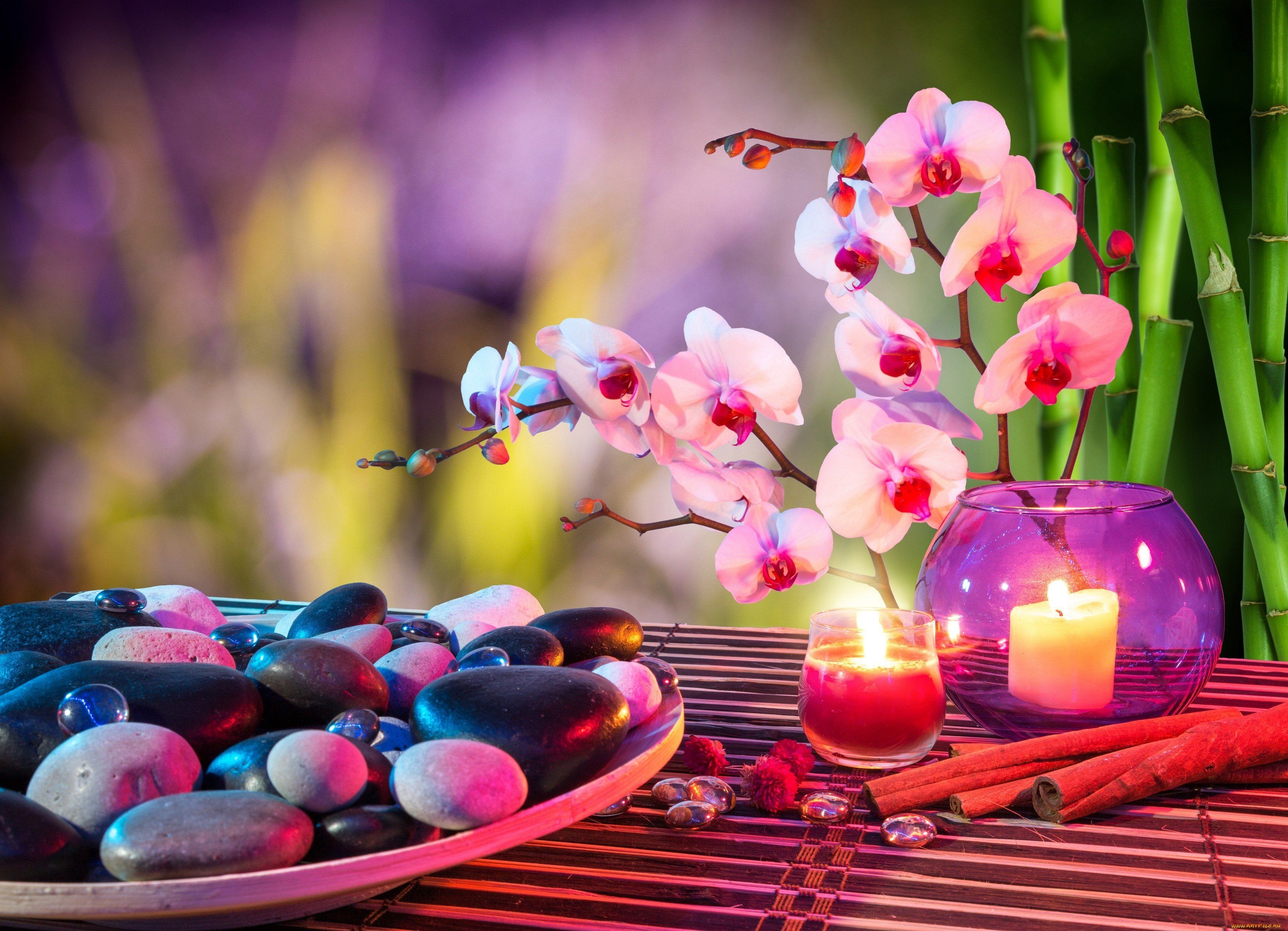
Beauty in symmetry and symmetry in beauty is one of the core concepts of Feng Shui. It appeals to the physically inviting and also adheres to fighting for beauty and balance in things. Feng Shui, in some ways, is a celebration of beauty in design and other physical elements of the space being designed.
Love For Your Environment
Feng Shui promotes the careful consideration of the environment before establishing places. Good Feng Shui respects the elements of the earth and makes the Feng Shui enthusiasts more mindful of their surroundings. They don’t just work instantly in any oppressive place but strive to remove any existing negativities in the environment.
Love For Self
The love for self is also promoted by Feng Shui. You will detect energy based on what generally feels good to you. Love for self involves not subjecting yourself to oppressive places or harbouring negative energies that can be counter-productive to your different activities.
Dreaming Big And Making The Environment Jive With That Dream
Finally, Feng Shui is more anchored on the greater scheme of things. When you have a dream and you intend to fulfil it in numerous ways, the best way to start is to have an environment that embraces those dreams. If you dream big and work hard, but your environment cancels all the things that you are striving for, it will be a very difficult task for you.
Feng Shui ensures that there is alignment between the things you want and the things that are manifested in the objects you see every day.
Click the link below to book your free clarity call or free virtual coffee chat.
Grab a copy of our newletter by completing the form below, this will then be sent to your inbox every month.
My Affirmation For The Week
"Every act of creation is first of all an act of destruction."
